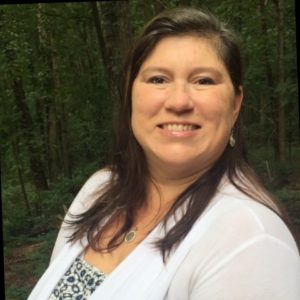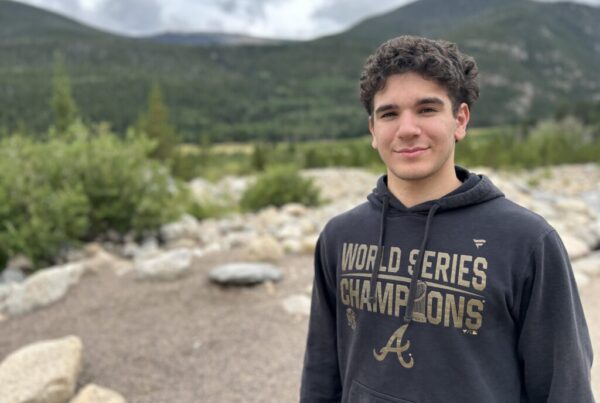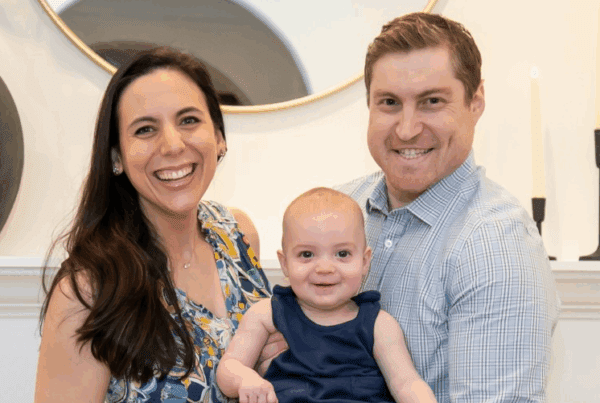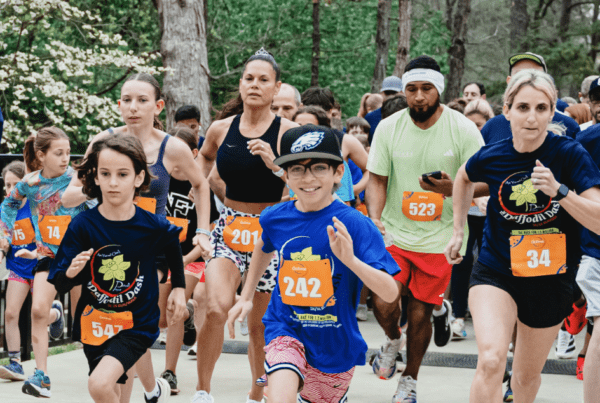 Passover is a challenging time. It is challenging to meet all the requirements, to prepare for family rituals, to prepare for Passover via Zoom instead of in person, and to balance the material world with the spiritual practice in a society that is not Passover friendly. The Passover Seder is all about asking questions, and it challenges us to ask the tough questions that we might, could, or should ask of ourselves, especially as they relate to tikkun olam, repairing the world.
Passover is a challenging time. It is challenging to meet all the requirements, to prepare for family rituals, to prepare for Passover via Zoom instead of in person, and to balance the material world with the spiritual practice in a society that is not Passover friendly. The Passover Seder is all about asking questions, and it challenges us to ask the tough questions that we might, could, or should ask of ourselves, especially as they relate to tikkun olam, repairing the world.
Our Passover rituals poignantly remind us that knowledge is not the same as practice. That no matter how much we know, we are still obligated to engage in the practice of the mitzvot whether it is at the Seder table or in our daily lives. And we can expand that practice by asking those tough questions: Are you asking the right questions of yourself and your community, your leaders to combat the injustices around us? What does this time of need due to the pandemic demand of me?
This year the theme of the Jewish Community Relations Council (JCRC) Interfaith Hunger Seder on March 31 is Our Sacred Obligation: Fighting Food Insecurity. While education and awareness are still key, we will be exploring ways our community fights food insecurity, not just through chesed and giving, but by asking the tough questions justice demands of us, “Why is there food insecurity and what can we do about it?” We hope the Jewish community will join us in looking for these answers on many different levels, not just now, but throughout the year.
The Passover Haggadah states, “… Let all who are hungry enter and eat and let all who are in need enter to share our Passover.” We have the opportunity, especially in a challenging year such as this, to be grateful for what we have and to challenge ourselves to go further in our Jewish work of tikkun olam (repairing the world) and making the world better and more just.





